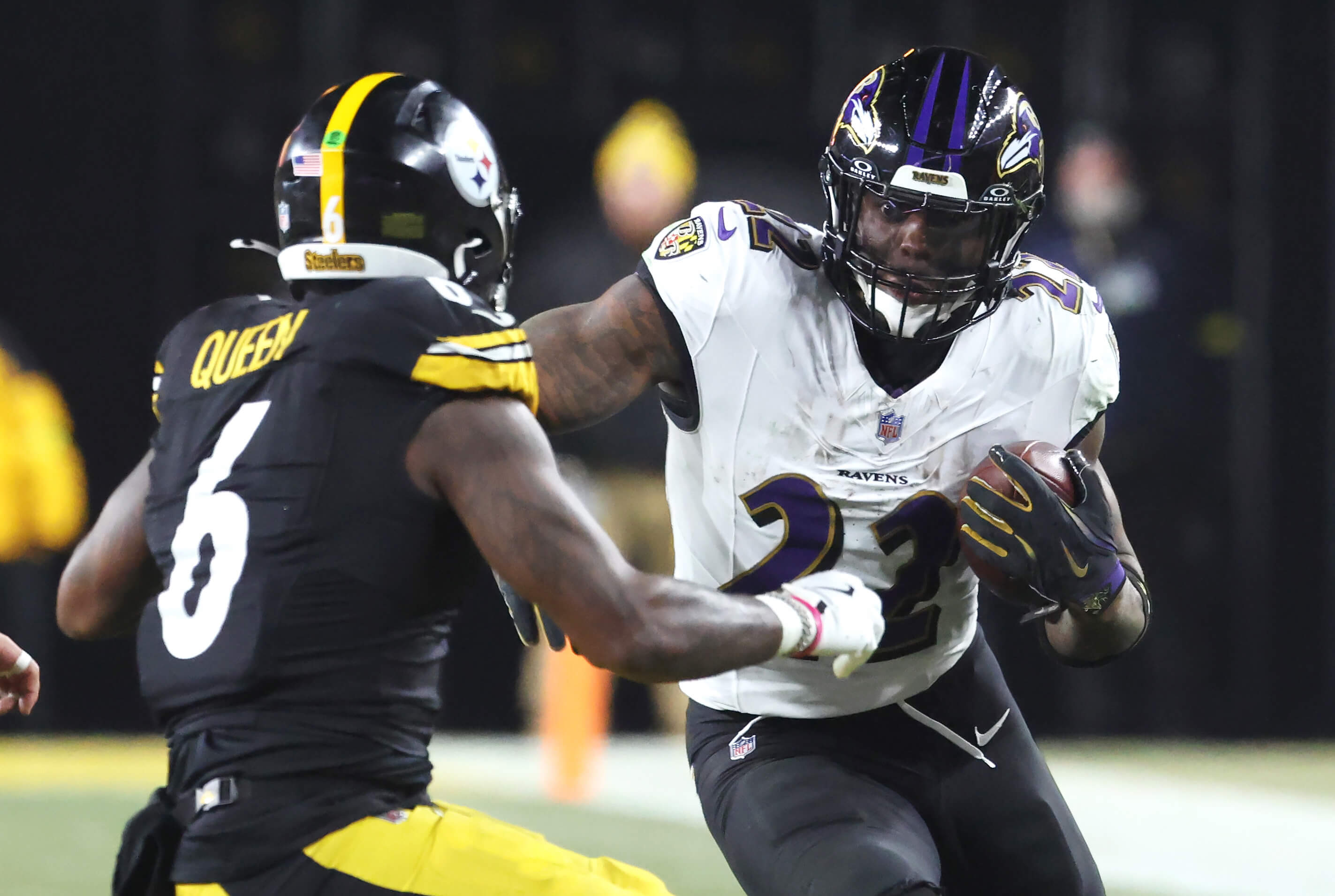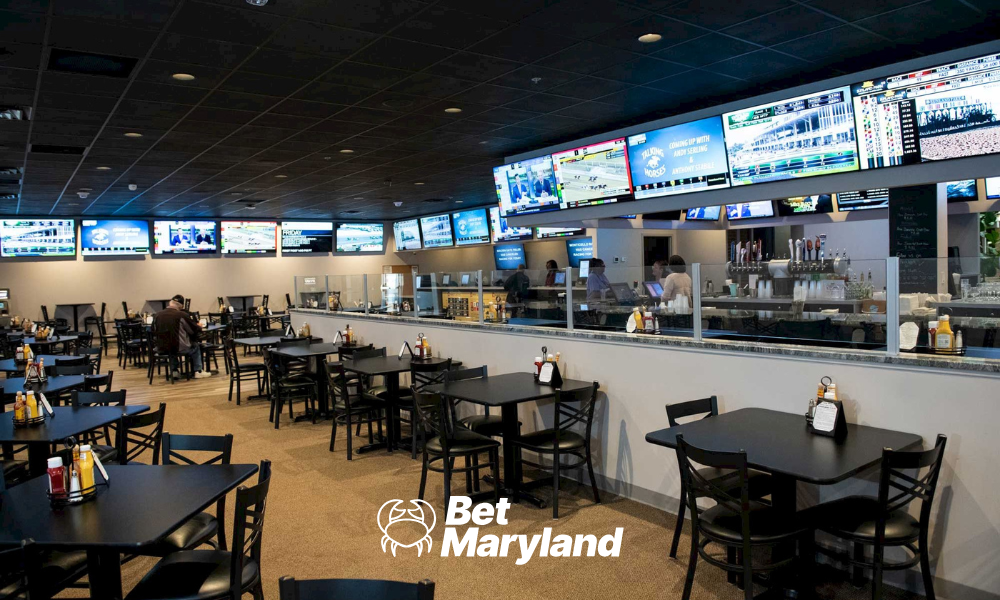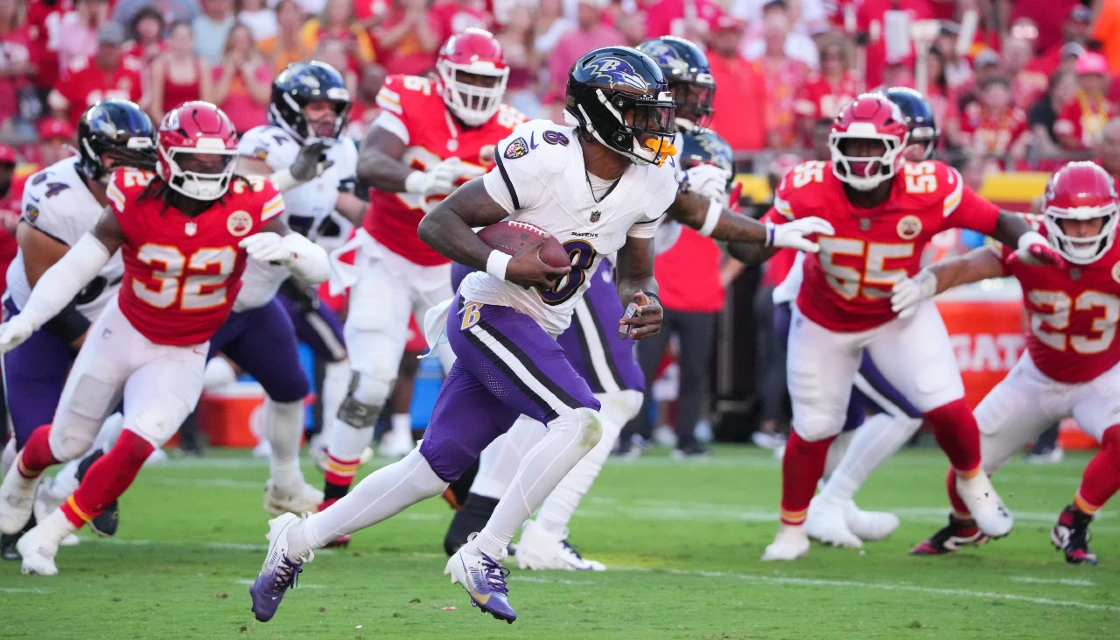At the special meeting of the Maryland Sports Wagering Application Review Commission Wednesday, commission chairman Tom Brandt repeated his hope that SWARC could begin taking applications for competitive sports betting retail licenses and online sports wagering licenses by late summer. But the rest of the meeting only reinforced the point that internet Maryland sports betting was months and months away from launching.
Brandt discussed all the mandated steps SWARC was obliged to take in carrying out its duties to, in his words, “adjust expectations,” a polite reference it would seem to Gov. Larry Hogan’s public scolding of SWARC earlier in June for its slow pace.
A few weeks ago, Hogan had said he wants online sports gambling to begin by the start of the NFL season, which is Sept. 8. The reality of what still needs to be accomplished might make a more realistic launch date around the time a new governor replaces the term-limited Hogan in mid-January.
The bulk of the SWARC’s meeting was a review of drafts of regulations for the competitive retail licenses and online wagering licenses by Jim Nielsen, deputy director of the Maryland Lottery & Gaming Control Agency. There was also a review of the two applications that will have to be submitted to the SWARC (also for competitive retail and online licenses) by attorney Kimberly Copp of Taft, the commission’s legal consultant.
What was clear was that the applications prospective seekers of either a competitive retail license or an online Maryland sports betting app license are exceedingly daunting. And if an applicant isn’t prepared or equipped to navigate the process and yet gets too far down the process road, it can cost a lot of money — from $50,000 to $500,000 — and they still can be left with nothing for their trouble.
Application Synopsis Sought
The only action that SWARC did take was to ask the Taft law firm, to prepare a brief “one page” synopsis to alert applicants to what will be required in completing an application and launching a sports betting business which will be posted on the SWARC’s website.
Brandt said at the outset that based on whatever SWARC heard Wednesday, commissioners and staff can make changes and at a future date will approve the final drafts of the documents. The SWARC’s next regularly scheduled meeting is July 20.
Once SWARC approves the final draft documents, they will be submitted to still another group (Maryland General Assembly Administrative, Executive & Legislative Review Committee) for approval. And when that approval occurs, the results will be published and followed by a 30-day public comment period.
Brandt said it was his understanding that there were “many interested parties who would like to express their opinions on these regulations” but those comments should be held for the official comment period.
Still Waiting on Disparity Study
He also noted that SWARC is still waiting for the industry analysis, which has been often referred to as a “disparity study,” that will inform SWARC whether it can apply additional measures that the General Assembly emphasized in the sports wagering law. In brief, the General Assembly’s interest has been that the sports gambling industry in the state be opened up to minority-owned businesses, women-owned businesses and small businesses.
SWARC Commissioner Laura Gamble asked after the regulation presentation why there was no mention of MBE or WBE involvement, those refer to minority-controlled and women-controlled businesses. The State Attorney General Office’s representative suggested the question be dealt with in closed session.
‘A Lot of Information’ Requested
Commissioner Frank Turner expressed concern after hearing the voluminous information being sought in the SWARC applications especially for the competitive retail licenses that are imagined to be sought by smaller businesses.
“For the average person, it’s going to be overwhelming. Let’s not fool ourselves, that’s a lot of information,” Turner said.
Brandt agreed. “I listened to the application just now and I was taken aback,” Brandt said. “I don’t have a recommendation, but I’m interested in other people’s thoughts on this.”
In the end, Turner’s idea for a brief synopsis prepared by Taft of what applicants should brace for was the result.
Retail sports betting launched in Maryland in December. Currently, there are retail sportsbooks in five Maryland casinos, Live! Casino & Hotel in Hanover, MGM National Harbor in Oxon Hill, Horseshoe Baltimore, Hollywood Casino in Perryville and Ocean Downs Casino in Berlin.
Four smaller businesses, three OTBs and a bingo facility, have also been awarded licenses but are still working on issues such as internal controls or construction or other matters, and have not started taking bets.







